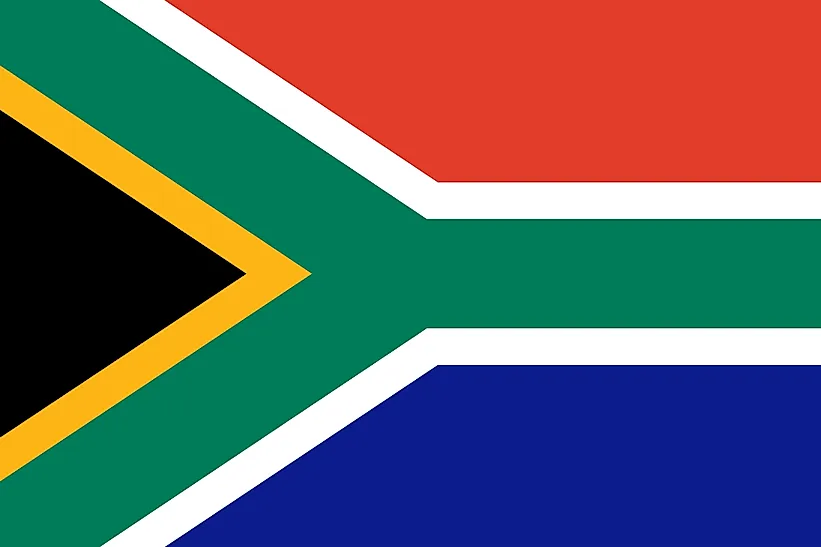
South Africa
| Continent | Africa |
| Capital | Pretoria |
| Population | 54,300,704 |
| GDP | $739.00 Billion |
| GDP per Capita | $13,500 |
| Dialing Code | +27 |
| ISO Code (2-letter) | ZA |
| ISO Code (3-letter) | ZAF |
South Africa Landscapes






About South Africa
# South Africa: Rainbow Nation
Welcome to South Africa, a nation of extraordinary diversity and transformation. With approximately 60 million people across 1,219,090 square kilometers, South Africa combines remarkable biodiversity with rich cultural heritage, standing as a testament to the power of reconciliation and renewal.
Geographic Features and Natural Beauty
South Africa’s geography encompasses diverse landscapes from coastal regions to inland plateaus. The country features the dramatic Table Mountain, the Drakensberg range, and three distinct coastlines along two oceans.
The landscape includes everything from subtropical forests to semi-desert Karoo, supporting incredible biodiversity including the famous fynbos vegetation. The country’s varied terrain creates diverse ecosystems supporting the Big Five and numerous endemic species.
Protected areas include the Kruger National Park, iSimangaliso Wetland Park, and numerous UNESCO World Heritage sites. The country’s commitment to conservation focuses on preserving its unique biodiversity while promoting sustainable tourism.
Cultural Heritage and Traditions
South African culture represents a vibrant fusion of African, European, and Asian influences, earning it the nickname “Rainbow Nation.” The country’s heritage includes eleven official languages and diverse traditional practices.
Traditional arts include distinctive music styles like mbaqanga and isicathamiya, beadwork, and rock art. Cultural practices feature traditional healing, initiation ceremonies, and unique dance forms.
South African cuisine reflects its multicultural heritage, featuring dishes like bobotie, potjiekos, and braai traditions. The tradition of ubuntu (human kindness) remains central to social philosophy.
Historical Journey
South Africa’s history spans from ancient human origins through colonization to apartheid and democracy. The country’s journey to democracy under Nelson Mandela’s leadership inspired the world.
Significant periods include early human settlement, Dutch and British colonization, the discovery of diamonds and gold, apartheid era, and the transition to democracy in 1994. The country’s path of reconciliation has become a global model.
Modern Economic Landscape
Today’s South African economy is Africa’s most industrialized, focusing on mining, manufacturing, and services. The country has significant mineral resources and a sophisticated financial sector.
Recent initiatives emphasize renewable energy development, digital transformation, and addressing economic inequality. South Africa’s infrastructure and economic diversity support its position as a regional leader.
International Relations and Global Position
South Africa maintains significant influence in African affairs and global forums as part of BRICS. The country’s experience in peaceful transition extends its diplomatic influence.
Did You Know?
• South Africa is the only country in the world to have hosted the Cricket, Rugby, and Soccer World Cups?
• The country is home to the world’s largest deposits of platinum and manganese?
• The oldest known human fossils were discovered in South African caves?
• Table Mountain has more plant species than the entire United Kingdom?
Conclusion
South Africa represents a unique combination of natural wealth and cultural diversity. From its wildlife-rich savannas to its vibrant cities, from its ancient heritage to its modern democracy, South Africa continues to evolve while addressing historical inequalities. As it faces challenges including economic development and social transformation, South Africa remains committed to building an inclusive society while maintaining its position as a leader in African affairs.